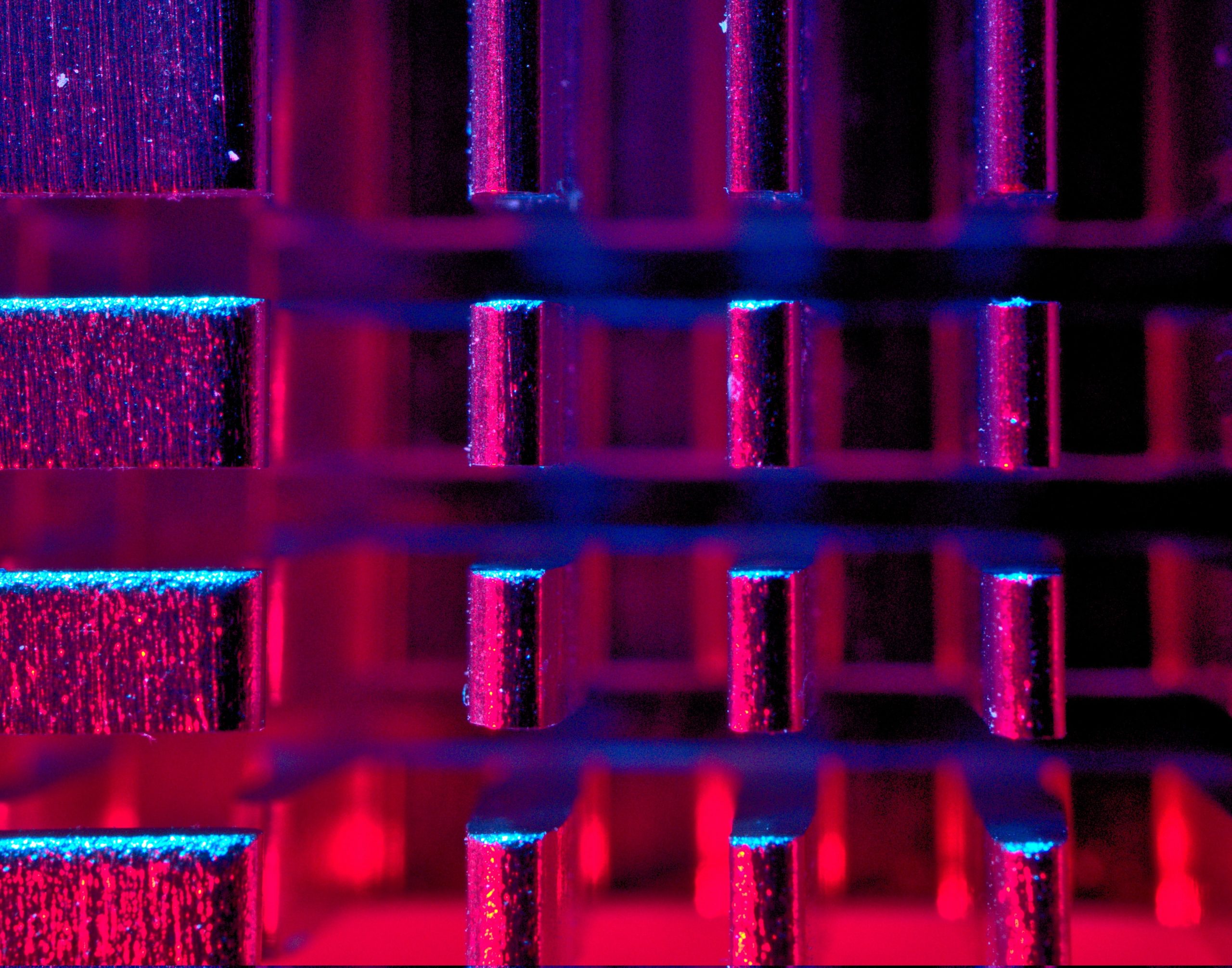Antoine Guerin
Fish for centuries have been getting smaller due to overfishing, so, if you love your favorite seafood dish, maybe it’s time to have it just a bit less often. 80% of fish populations across the world are being overfished or fished at maximum capacity right now. Fish make up at least 15% of the protein intake of almost 2.9 billion people. That’s more than a third of the population of the entire world! Many fishermen rely on fish for their livelihoods and as food for their own families. These fishermen select the biggest fish to market, leaving many of the smaller fish behind. This is partially because of regulations that have set minimum size limits but not all have maximum size limits. Over time, this means that only the fish with genes that make them smaller are reproducing. Eventually, these fish can no longer carry eggs and so, they have issues reproducing because of how minuscule they have become. The baby fish will be so small when born many of them have no chance at life, but they will instead die young. Every generation of fish that get smaller will mean that fishermen and markets will be receiving fewer fish and smaller ones at that. This also drives up the price of fish because them becoming less common, and that’s a tragedy for fish eaters around the globe.
How can we avoid this fishtastrophy? By reducing the amount of fish eaten, allowing natural populations of fish to reproduce naturally, and placing a maximum size restriction on fish for fishermen, fish populations can continue to thrive while only being marginally disrupted by the fishing industry. Humans have been fishing for thousands of years without majorly disrupting the size of fish and their populations, but because of increasing demand, it is growing more and more difficult to sustainably fish natural species. Cutting back on the fishing taking place in overexploited populations could help them recover from potentially decades of damage. They did this by taking the biggest fish of every generation similar to how large fish have been harvested in lakes and oceans for centuries. Fish generations have an average length of 3-7 years, so that’s anywhere from 18-42 years to almost eliminate an entire population of fish. However, it takes nearly 12 generations of fish to reach an average size again which is twice as long as it took to almost wipe them out! For reference, that’s over 8 decades, so while fish can regain their size in time, it takes a lifetime of work, effort, and resources for them to do so. Cutting back on the fishing taking place in overexploited populations could help them recover from many decades of damage and potential annihilation. Fish across the world can continue to thrive with just a small helping hand.
Fish are an incredibly important natural resource for many communities globally. It is therefore of utmost importance that these fish species and populations we have relied on for thousands of years remain stable. With just some changes in regulation and proper enforcement, you will be able to enjoy fish for many decades to come.
Tibbetts, John. “NATURAL RESOURCES: Reversing Human Impacts on Fish Evolution.” Environmental Health Perspectives, vol. 117, no. 5, May 2009, 10.1289/ehp.117-a197.

Excellent post, Antoine – I had no idea about this particular side effect of overfishing! Thank you for enlightening me.
-Edie